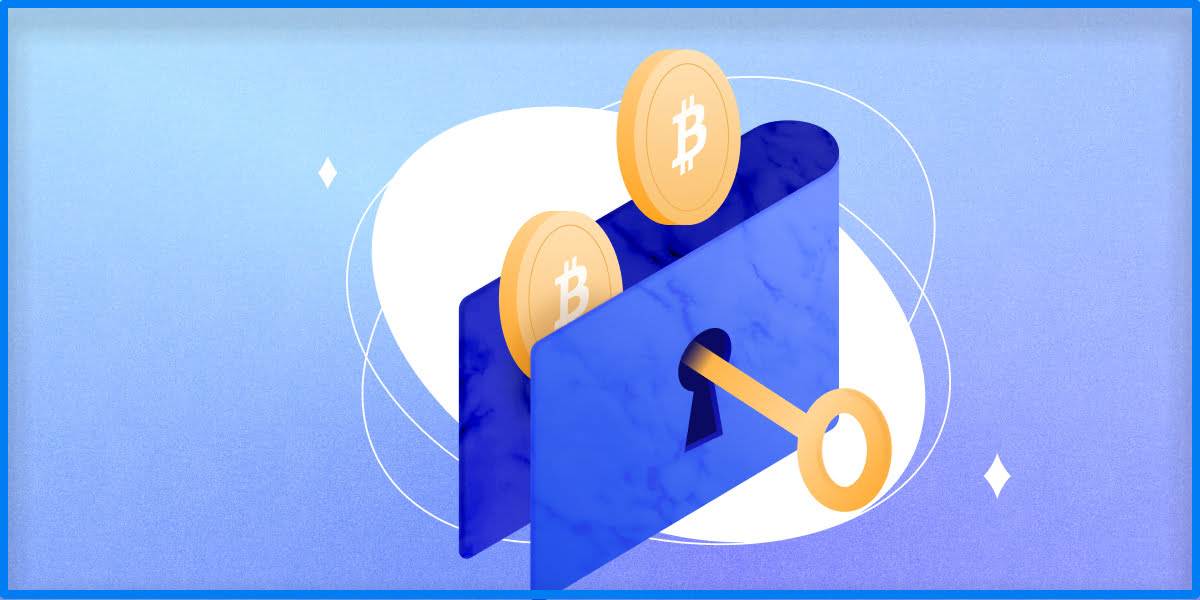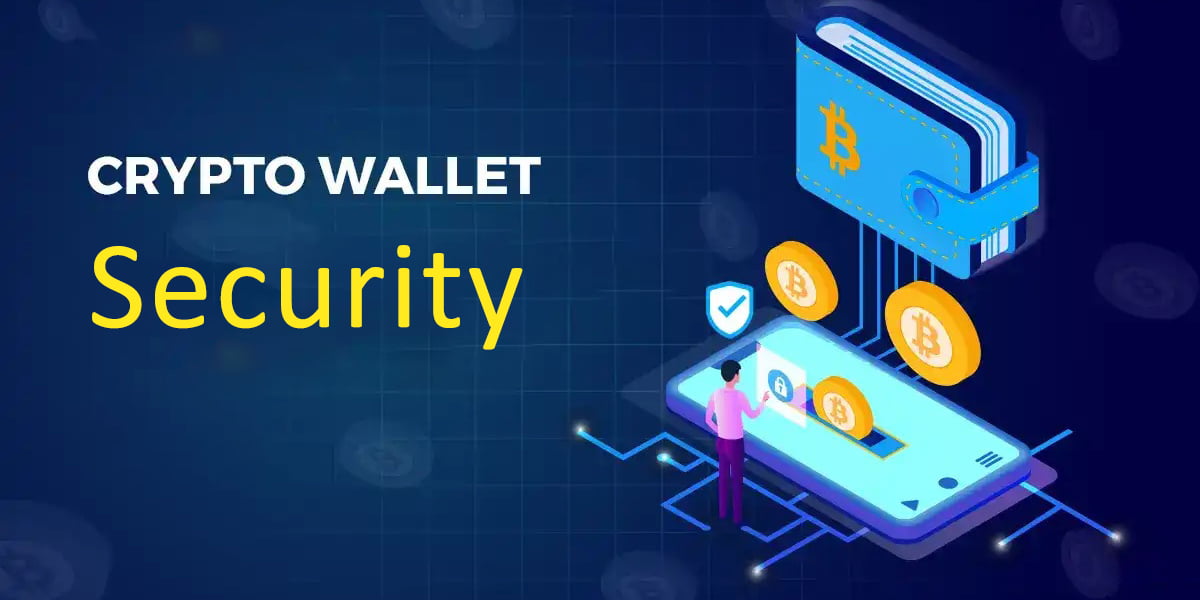Crypto Wallet Security: Best Practices to Keep Your Digital Assets Safe
Protecting your digital assets held in crypto wallet security has become critical with the rise of cryptocurrencies. Whether you utilize a hardware or software wallet, employing strong security practices to secure your capital is critical. This post will examine the best ways to keep cryptocurrency investments safe and secure.
Choose a reputable and secure wallet
The first step in protecting your digital assets is to choose a trustworthy and secure wallet provider. Conduct thorough research, read user reviews, and consider the wallet’s track record regarding security. Opt for wallets that have implemented stringent security measures and have a large user base, as they are more likely to have undergone rigorous testing and vulnerability assessments.
Hardware wallets for enhanced security
Hardware wallets are widely regarded as the most secure option for storing cryptocurrencies. These physical devices store your private keys offline, reducing the risk of online hacking attempts. They typically require physical confirmation to authorize transactions, making it extremely difficult for hackers to gain unauthorized access to your funds. Popular hardware wallet options include Ledger and Trezor.
Enable two-factor authentication (2FA)
Adding two-factor authentication to your crypto wallet security offers another degree of protection. It requires you to provide a second verification form, such as a unique code generated by an authenticator app or sent via SMS, along with your password. Even if your password is compromised, the presence of 2FA acts as a strong deterrent for potential attackers.
Create a strong and unique password
Create a strong and unique password while configuring your wallet. Uppercase and lowercase letters, numerals, and special characters should all be used. Avoid using easily guessable information such as birthdays or names. Additionally, refrain from reusing passwords across different platforms to minimize the risk of password-related breaches.
Keep your wallet software up to date
Regularly update your wallet software and any associated applications. Wallet providers frequently release updates that include security patches and bug fixes. You benefit from the most recent security upgrades and are protected against identified flaws by keeping your wallet software current.
Regularly back up your wallet
Regularly back up your wallet’s private keys or seed phrases and store them securely in offline locations. This practice ensures you can recover your funds if your wallet is lost, damaged, or inaccessible. Use secure methods such as encrypted storage devices or paper wallets in a physically secure location.
Exercise caution with online activity
Exercise caution when engaging in online activities related to cryptocurrencies. Be vigilant about phishing attempts, suspicious websites, and links that could install malware or steal your wallet information. Avoid clicking on unknown links, downloading files from untrusted sources, or sharing sensitive information online.
Verify wallet addresses before transactions
Before initiating any transactions, double-check and verify the wallet addresses involved. Malware or phishing attacks can manipulate addresses, unintentionally sending funds to the wrong recipient. Use multiple trusted sources to verify the accuracy of the wallet address, or consider using QR codes to minimize the chances of errors.
Utilize multi-signature wallets
For increased protection, consider utilizing multi-signature wallets. Multi-signature wallets require multiple private keys to authorize transactions, distributing the control of funds among different parties. It ensures that a single compromised key cannot result in unauthorized asset access.
Stay informed and educate yourself
Stay informed about the latest security practices and threats in the crypto space. Keep up with reputable sources, read security guidelines provided by wallet developers, and actively participate in crypto communities. By staying educated, you can adapt your security practices to evolving threats and stay ahead of potential vulnerabilities.
Be cautious with third-party integrations
Use caution while interacting with third-party integrations or programs that interact with your cryptocurrency wallet. Ensure your integrations come from reputable sources and have undergone thorough security assessments. Unauthorized or malicious integrations can compromise the security of your wallet and expose your private keys.
Use a dedicated computer or device
Consider using a dedicated computer or device solely for cryptocurrency-related activities. It helps minimize the risk of malware or keyloggers capturing sensitive information. By segregating your crypto-related activities from general internet usage, you reduce the likelihood of potential security breaches.
Employ a firewall and antivirus software
Install reputable firewall and antivirus software to defend against malware and unauthorized access attempts. Keep the firewall and antivirus software updated regularly to ensure they can detect and mitigate the latest security threats effectively.
Secure your recovery phrases
Securely store your recovery phrases or seed words when backing up your wallet. These phrases are critical for recovering your wallet in case of loss or device failure. Write them on paper and store them in a safe, offline location. Avoid saving them digitally, as online storage can be vulnerable to hacking attempts.
Limit exposure of private keys
Minimize the exposure of your private keys whenever possible. Sharing your private keys with anyone raises the likelihood of unauthorized access to your wallet. Be cautious of scams or phishing attempts that request your private keys. Legitimate wallet providers or platforms will never ask for your private keys.
Conclusion
Protecting your crypto wallet security is critical for preventing theft or unauthorized access to your digital assets. By following these best practices—choosing a reputable wallet, utilizing hardware wallets, enabling two-factor authentication, using strong passwords, keeping software updated, backing up your wallet, exercising caution online, verifying wallet addresses, utilizing multi-signature wallets, and staying informed—you significantly enhance the security of your crypto assets. Remember, investing time and effort into securing your digital assets is a worthwhile endeavour to ensure peace of mind and protect your valuable cryptocurrency holdings.





